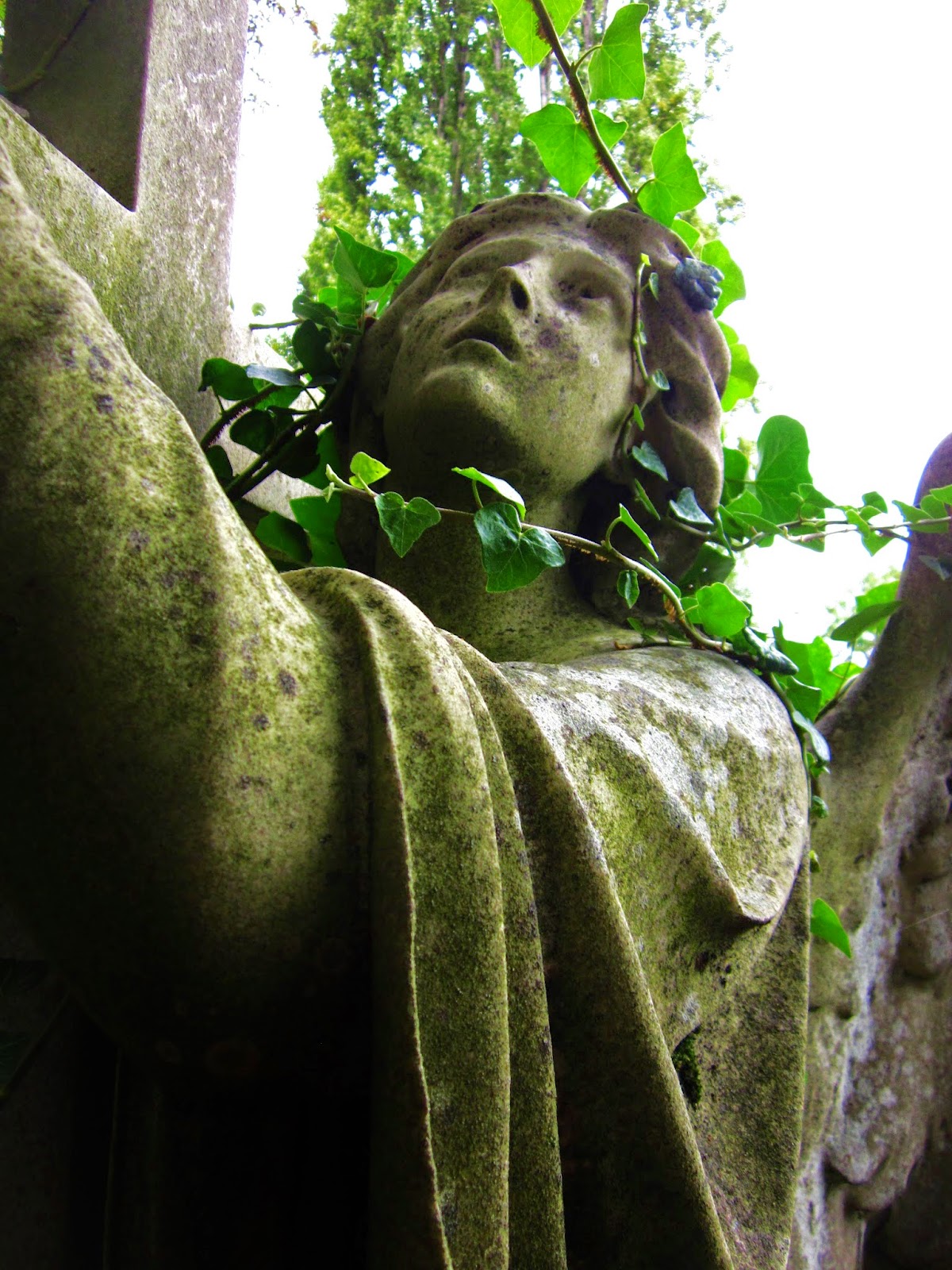Darlin’ (2019)
While McKee’s film depicted its protagonist being beaten and physically abused into submission and ‘civility’, with Darlin’, McIntosh adopts a much more psychological approach in her exploration of patriarchal forms of control and subjugation of women. Throughout is a scathing commentary on organised religion, specifically the Catholic church and the social hypocrisy of its pro-life, ‘all lives matter’ stance, considering the countless sex abuse scandals and internal cover-ups that have been brought to light in the last number of years. By dissecting the influence of church over state, McIntosh explores how it has exploited those in its charge – particularly women - to bend them to its will and silence them. She highlights the plight of the voiceless and the powerless trapped within the rigid confines of organised religion – including Sister Jennifer (Nora-Jane Noone), whose backstory reveals she sought sanctuary and help within the church out of desperation – as well as those outwardly rejected by the Church, such as Tony (Cooper Andrews), a gay nurse who is the first to befriend Darlin’, earn her trust and try to help her.
Darlin’ recites passages from the bible she has memorised, but it’s very clear she has simply learned them without understanding what they mean. The girls and young women of the boarding school are like lost souls, wayward, unwanted and forcibly relegated to the peripheries of society like shameful secrets. Their plight is mirrored in the women encountered by McIntosh’s character under the overpass – underage runaways, sex workers, substance abusers and those with mental health issues, rejected by society and left to be forgotten, out of sight, out of mind. Blood is regarded as holy and powerful by the church; it is consumed during communion in the form of sacramental wine. Yet the blood of women is deemed shameful, unclean.
McIntosh has a strong eye for captivating imagery, and the film is awash with striking visuals which strongly convey the isolation of the main characters. There is surprising humour at times too, which provides respite from the intense story without detracting from its power - there is even a cheeky reference to The Shining. Other lighter moments come in the form of the games the girls play and the ways they subtly rebel against the oppressive environment of the school. As Darlin’, Lauryn Canny delivers a powerful, mesmerising performance, perfectly conveying the character’s vulnerability, innocence and unchanneled ferocity. Like McIntosh, she uses only her facial expressions and body movements to convey a complex series of emotions.
Slow-burning its way to a bloody climax, Darlin’ lays bare the real-life horrors committed by those in power and the despicable things done in name of religion.




